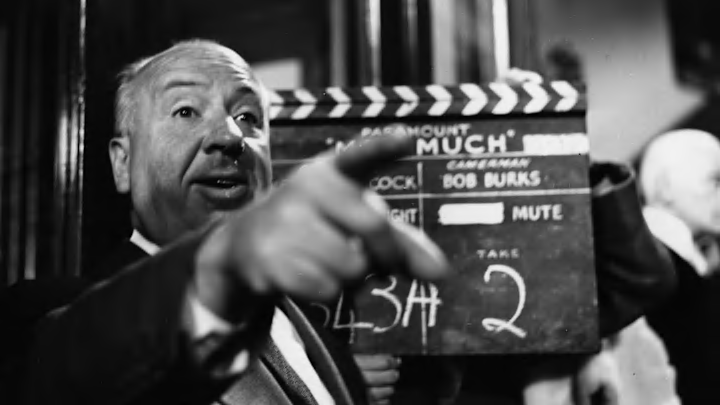Each year, works ranging from movies to music to books see their copyrights expire after 95 years of legal protection. Last year, the prose debut of Winnie the Pooh entered the public domain, along with Ernest Hemingway’s The Sun Also Rises and Bambi: A Life in the Woods, which inspired the (still copyrighted) Disney film.
This year, works from 1927 are now free for anyone to repurpose, remix, or profit from, and they include some material that’s proven crucial to 20th-century culture.
New Public Domain Books
The Center for the Study of the Public Domain at Duke University has a breakdown of the most prominent creations. For books, Arthur Conan Doyle's The Case-Book of Sherlock Holmes is now free and clear, the last of Doyle’s work about the famed detective to be freed from copyright restrictions. It’s joined by Agatha Christie's The Big Four and Virginia Woolf's book To the Lighthouse, the latter considered one of the great novels of the 20th century.
New Public Domain Movies
For movies, the most significant addition to the public domain might be Metropolis, director Fritz Lang’s futuristic vision of a class war. Metropolis has been acknowledged by George Lucas as an influence on Star Wars, particularly on the design of C-3PO. Metropolis joins The Jazz Singer and Wings, the first film to win Best Picture at the Academy Awards, as well as The Lodger, an early thriller from director Alfred Hitchcock.
New Public Domain Music
You can now belt out “The Best Things in Life Are Free," written by George Gard De Sylva, Lew Brown, and Ray Henderson; “(I Scream, You Scream, We All Scream for) Ice Cream,” by Howard Johnson, Billy Moll, and Robert A. King; and Irving Berlin's “Puttin’ On the Ritz” to your heart’s content.
There are limitations to public domain works. While the material is now free for anyone to use, the expiration of copyright doesn’t cover other works that may have built upon the original. You could, in theory, shoot a movie based on a Sherlock Holmes story by Doyle, but you could not freely use someone else’s. If someone has opted to score a new soundtrack to Metropolis, you cannot use that music; the same goes for recordings of “Puttin’ On the Ritz.” The lyrics are free, but Peter Boyle and Gene Wilder's rendition in 1974’s Young Frankenstein? Still protected. Only the original work is unbound.
While these titles are intriguing, 2024 will bring one of the most provocative public domain issues yet. That’s when “Steamboat Willie,” a 1928 Disney cartoon, is thought to be free from copyright constraints. The animated short features the debut of Mickey Mouse, which will likely bring forth a complex discussion about how far Disney’s control of that character extends.
[h/t Duke Law Center for the Study of the Public Domain]
